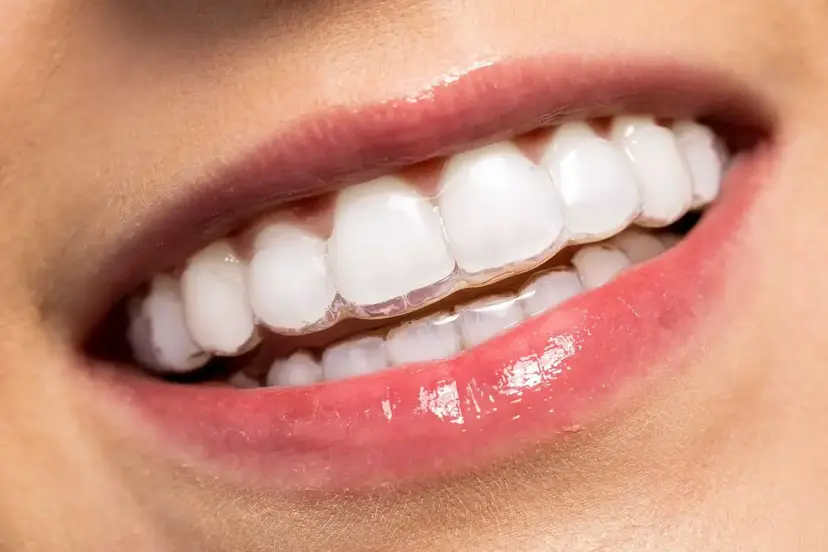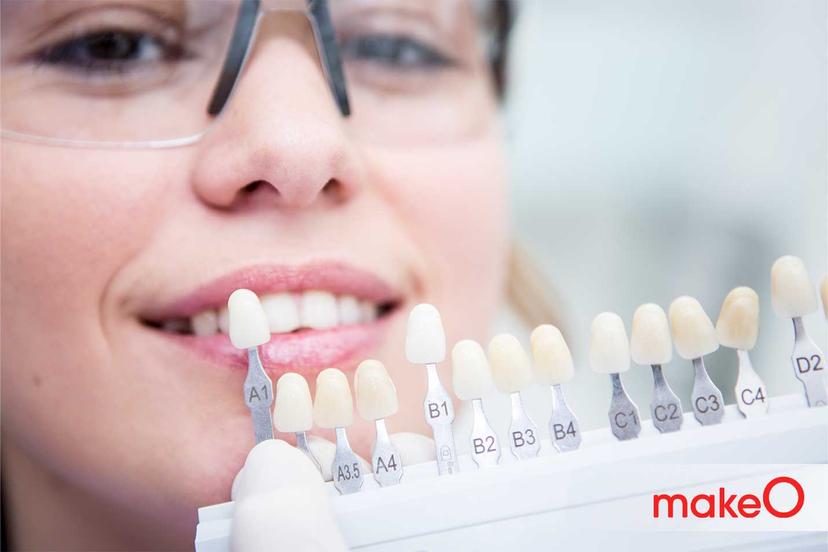MakeO blog
A crossbite is a common type of teeth misalignment in children, teenagers and adults. It is a dental condition in which your upper teeth fit behind your lower teeth when you close your mouth. Typically a crossbite affects a single tooth or a group of teeth and causes difficulty in chewing and speaking.
Intrigued about types of crossbite and want to know more? Read along as we discuss how crossbite can affect your oral health negatively.
What is Crossbite?
Crossbite happens when your teeth don’t fit over each other when your mouth is closed. If you have a crossbite, then it is common to have a group of your lower teeth abnormally fit in front of your top teeth when your mouth is at rest.
Types of Crossbite and How These Affect Your Dental Health
Wondering if there are any types of crossbites that you must know? There are two primary types of crossbite that you must be aware of are:
1. Posterior Crossbite
In this type of crossbite, your upper back teeth fit inside your bottom teeth. If you suffer from posterior crossbite, then your teeth might appear to be tilted towards your tongue instead of fitting each other.
2. Anterior Crossbite
This type of crossbite happens when your upper front teeth are behind your lower front teeth when you close your mouth. Note that the main difference between an anterior crossbite and an underbite is that in anterior crossbite only a single or a group of your top teeth and behind your lower front teeth, whereas in underbite all of your upper front teeth are behind.
If you choose to not correct a crossbite, then keep in mind that the consequences go far beyond the aesthetics. Crossbite makes it difficult for you to clean your teeth properly and can lead to tooth decay, gum decay, cavities and other serious teeth woes.
Common Crossbite Causes
A crossbite can be caused because of a dental or a skeletal problem. It could either be genetics or because of circumstantial factors. Some of the most common known causes of crossbite include:
- Thumb sucking
- Teeth grinding
- Tongue thrusting
- Small jaw
- Mouth breathing
- Premature tooth loss
Can Clear Aligners Help Treat Crossbite?
There are several ways in which you can correct your crossbite from surgery, traditional braces to palatal expander. However, if you are looking for the most comfortable and convenient treatment option then hands down you must consider opting for clear aligners.
makeO toothsi aligners are easy to wear and remove and the best part is that they don’t cause much discomfort or pain throughout your treatment period. Curious how these plastic trays help you fix your crossbite?
These clear aligners gently exert pressure on your misaligned teeth and push them back to their ideal location. Typically, it takes about 12-18 months to fix your orthodontic issue, depending on the severity of your case.
The Takeaway
Crossbite is a common dental woe that if left unaddressed can lead to other dental complications. So, if you suspect that you are suffering from crossbite, then book an appointment with makeO toothsi today and kick start your smile makeOver journey right away!
Types and Causes of Crossbite: FAQs
What are the common symptoms of crossbite?
Some common symptoms and signs which may indicate that you are suffering from a crossbite are severe headaches, jaw pain, speech impediments and difficulty breathing and chewing.
Should you treat your crossbite?
You must never leave your crossbite untreated as it can worsen with time and lead to receding gums, enamel breakdown, tooth loss and Temporomandibular Joint Disorders (TMD)
Can braces fix a crossbite?
Yes, traditional metal braces as well as ceramic braces can fix your crossbite. However, if you are not up for the pain and discomfort that braces bring along with them, we recommend you choose makeO toothsi clear aligners instead.
Does crossbite go away?
No, crossbite doesn’t go away on its own. Hence, you must consider opting for braces, clear aligners or jaw surgery to fix them, depending on the severity of your case and your personal preference.
Does fixing a crossbite change your face?
Yes, fixing your crossbite will change your smile and in turn change your face to some extent for the better. It will make your face appear more symmetrical and make you look more attractive.
related categories
Related articles

Types of Braces: Removable vs Fixed Braces, Which is Right For You?

This Diwali, Smile Bright With makeO Teeth Whitening Kit

Dr. Pravin Shetty: Pioneer in Lingual Orthodontics & Innovative Smile Solutions
How do I Know I’m the Right Candidate for makeO toothsi Teeth Aligners?

